Natural remedies to help the bowels
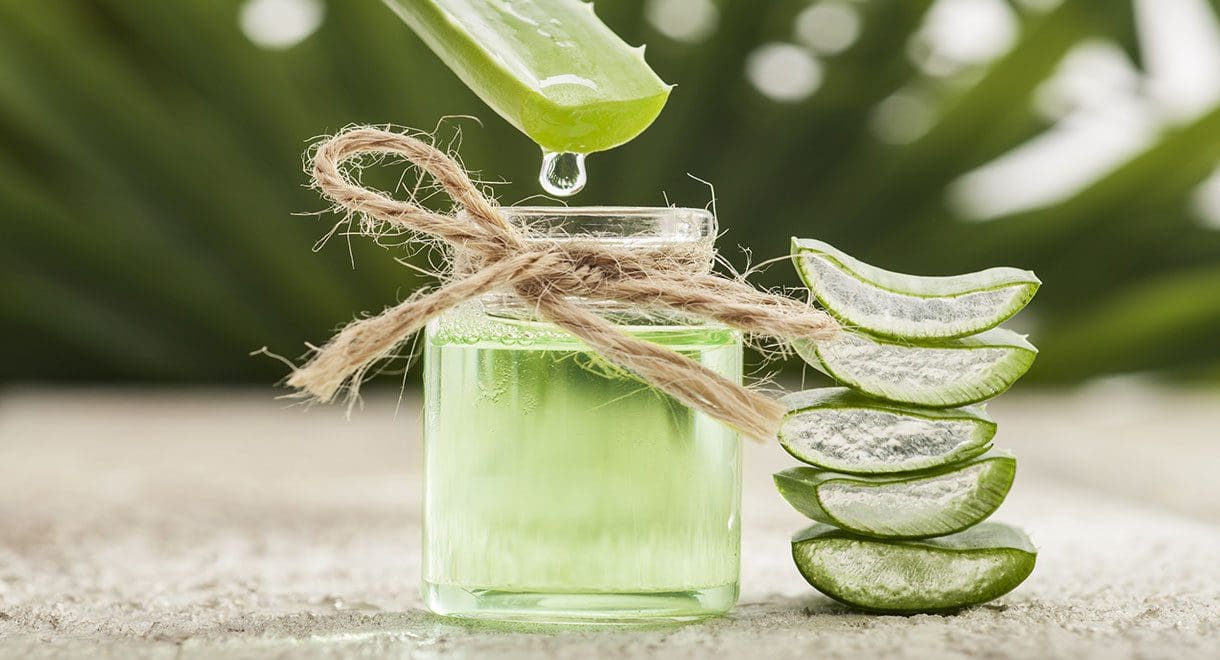

Aloe vera
Aloe Vera juice can soothe the lining of the stomach and intestines and is useful for those with acid reflux, and stomach and duodenal problems. It is alkalinizing and can reduce the symptoms of excess stomach acid and reflux of stomach acid. Aloe Vera can be drunk as often as needed and is safe and harmless, unless of course, you are allergic to it. Do not take Aloe Vera juice with meals, as you need the stomach contents to be acidic to properly digest food. Take the Aloe Vera in between meals or if you have an acid reflux attack.
Grow some aloe vera plants in your garden and you will have a fresh supply. Aloe Vera is a key ingredient in Ultimate Gut Health powder.


Antacids
Antacid medications are often used by those with excess gastric acidity and/or reflux. Avoid the long-term use of antacids containing aluminium. Some simple and harmless antacids are sodium and potassium bicarbonate, magnesium carbonate, magnesium hydroxide and calcium carbonate. A brand worth mentioning, that is free of aluminium, is Andrew’s Tums.
Alfalfa juice or alfalfa tablets are alkaline and can soothe gastritis and/or reflux.
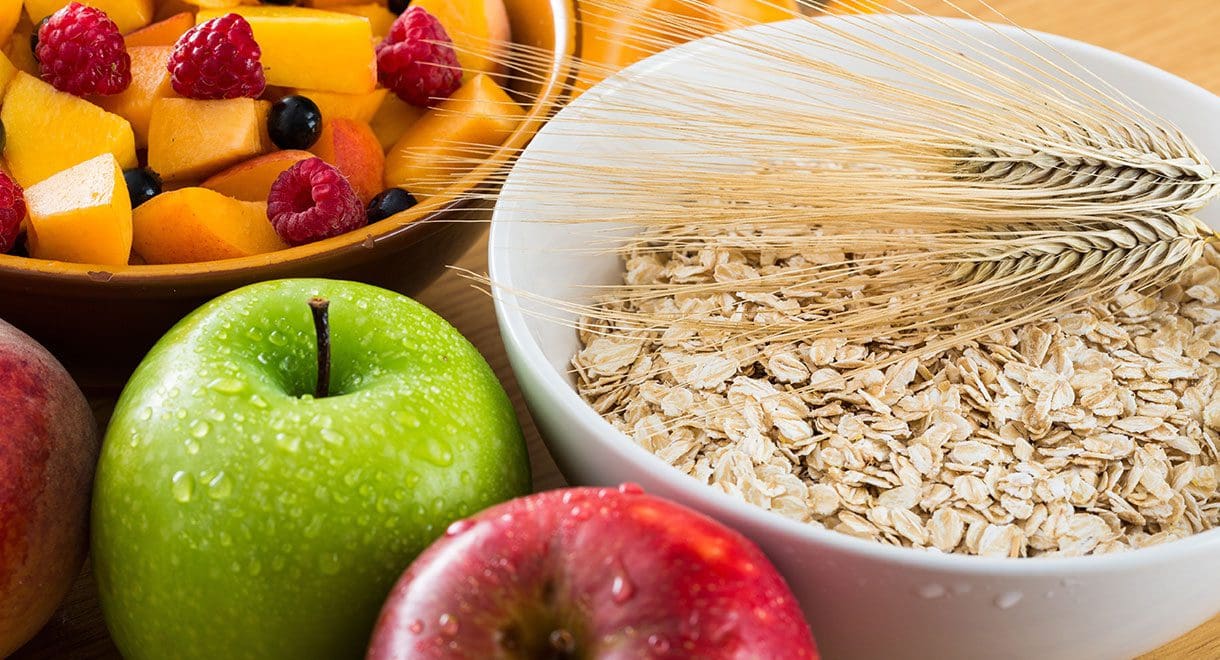

Fibre
Taking a fibre supplement such as Fibretone is most helpful if you suffer with constipation. It is especially useful if your constipation is associated with irritable bowel syndrome, gluten intolerance, bowel pockets, colonic spasm or loss of the gallbladder. Fibretone contains psyllium husk, the amino acids taurine and glycine and the excellent liver herbs St Mary’s thistle and dandelion root.
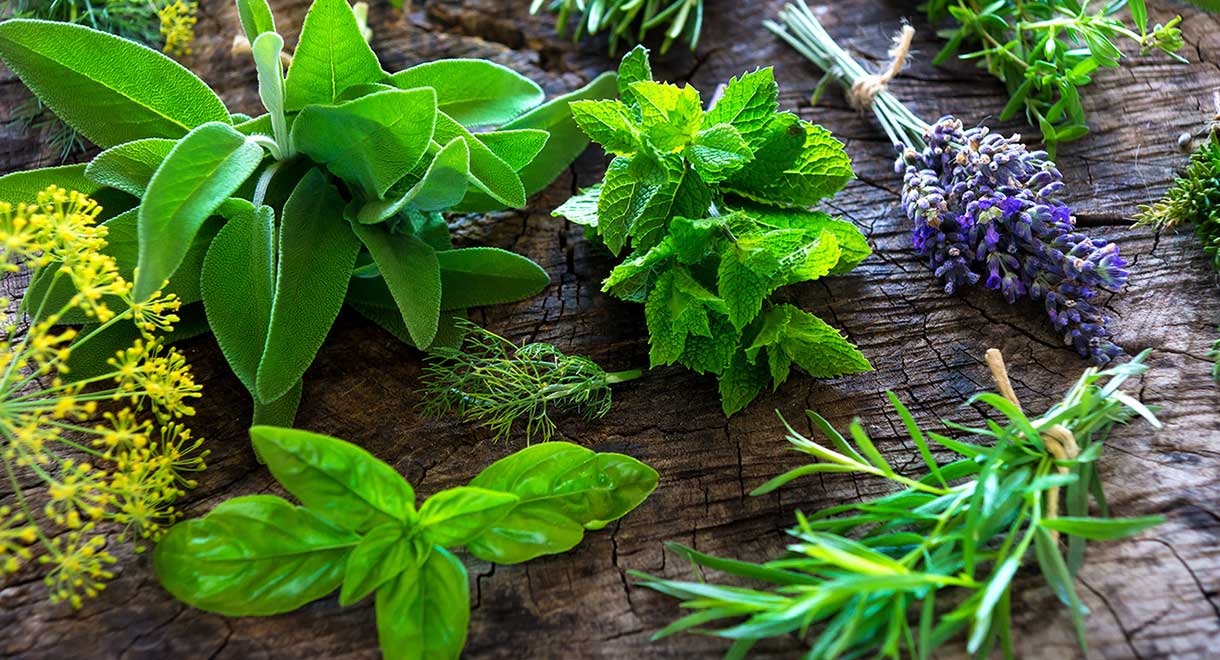

Herbs
The herbs golden seal, marshmallow, meadowsweet, liquorice, chamomile, peppermint, fennel and arrowroot can reduce intestinal colic and mild bowel inflammation. Digestive herbs such as dandelion, fennel, dill, aniseed, parsley, ginger and catnip can reduce burping and flatulence. Slippery elm powder can reduce acidity and reflux and soothes an irritable bowel.
Condiments that reduce flatulence include caraway, cardamom, coriander, cumin, cloves, ginger and turmeric. Turmeric is a liver tonic and the usual dose is 1 – 2 tsp of the powder daily used to flavour food or mixed in juices. Turmeric is also a large component of curry powder.
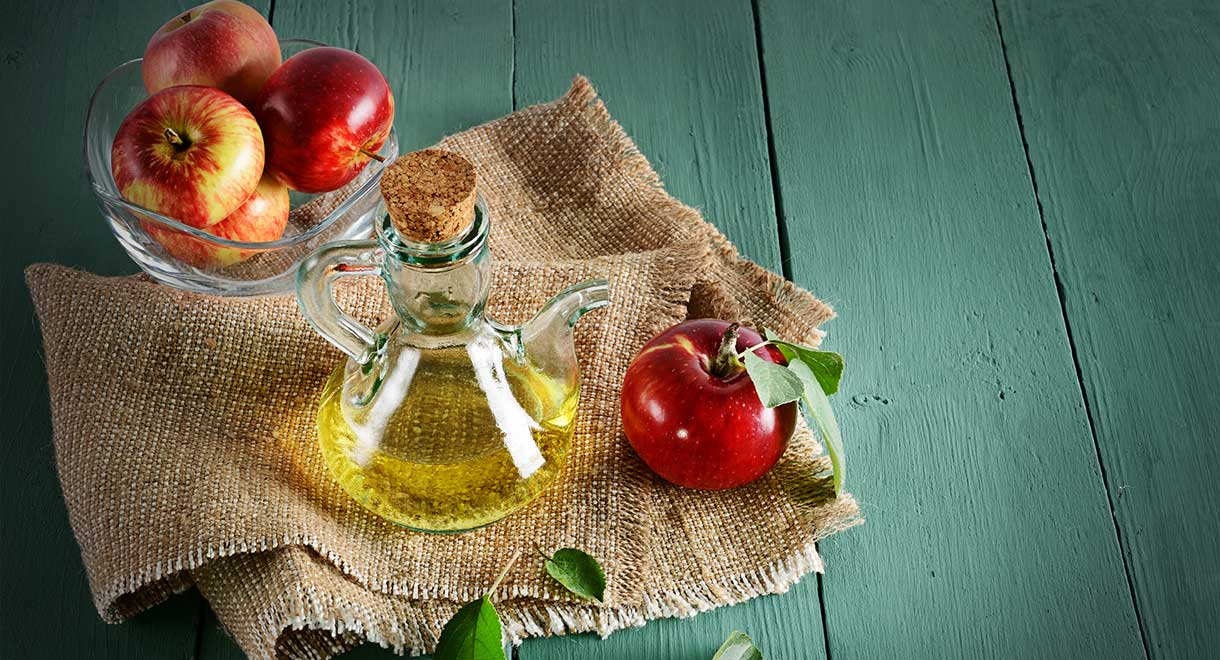

Apple cider vinegar
Apple cider vinegar can help those with weak digestion due to low stomach acid production during meals. Drink or sip one to two tablespoons of apple cider vinegar diluted with an equal amount of water during meals. Choose an organic type which will be cloudy in appearance due to its probiotic content. It is also helpful for reducing bad bacteria in the gut.
Glutamine
Glutamine is an amino acid which provides fuel for the cells lining the intestines, and without it these cells waste away. Glutamine helps to protect and maintain the lining of the gastrointestinal tract (known as the mucosa). Normal metabolic and immune function of the intestines is dependent upon adequate amounts of glutamine.
Glutamine, usually in the form of L-glutamine, is available by itself in powder, capsule or tablet form. The powder form allows higher doses to be used and quicker absorption. Take glutamine with cold or room temperature foods or liquids. It should not be added to hot beverages because heat destroys glutamine.
- Children 8 years and younger: Do not give glutamine to a child unless your doctor recommends it.
- Children 8 – 16 years: Doses of 500 – 1000 mg, 1 – 3 times daily, are generally considered safe.
- Adults: Doses of 2500 to 5000 mg, 1 – 2 times daily, are generally considered helpful.
Higher doses may be prescribed by a health care provider. Some people will benefit from much lower doses, of around 1000 mg daily.
Healthy people do not need to supplement with glutamine. People with poor digestion, or those on long term antacid drugs, may not absorb amino acids efficiently and should benefit from glutamine. The typical dietary intake of L-glutamine is 5 to 10 grams daily. Supplemental dosages of glutamine range from 5 to 15 grams daily, divided into several separate doses.
Glutamine can be taken in water, juices or unsweetened milks, but not in hot beverages because heat destroys this amino acid. Glutamine supplements should also be kept in a dry location.
People with kidney disease or Reye syndrome (a rare, sometimes fatal disease of childhood that is generally associated with aspirin use) should not take glutamine.
This is an excerpt from Dr Cabot’s book, Healthy Bowel Healthy Body.


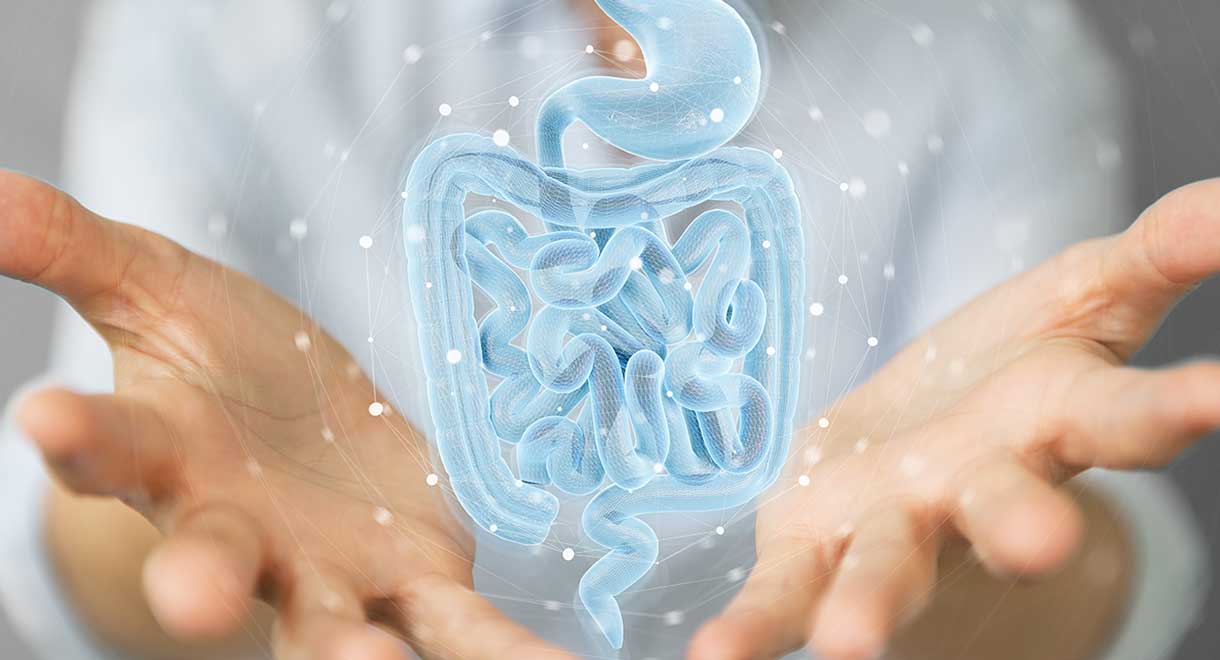



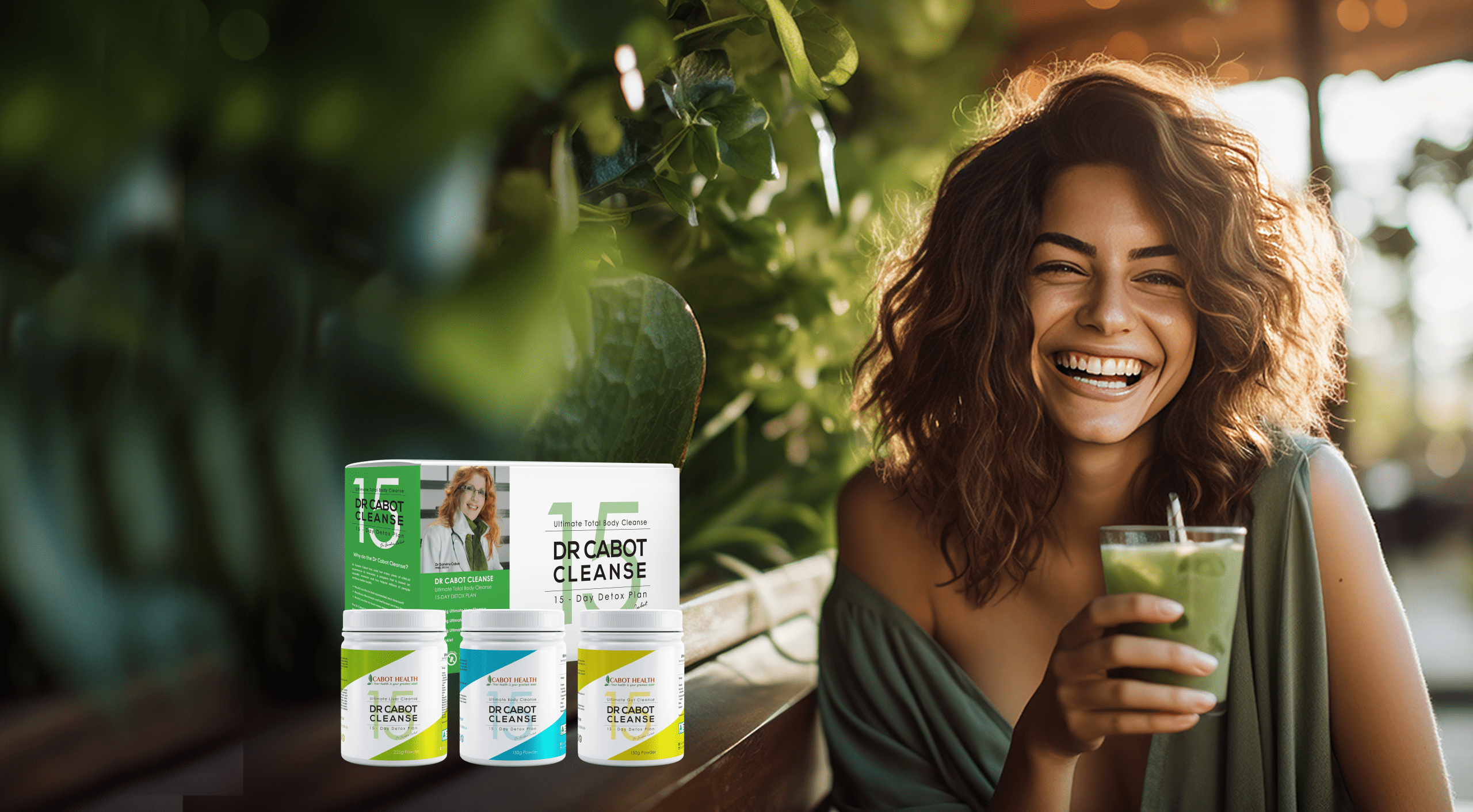

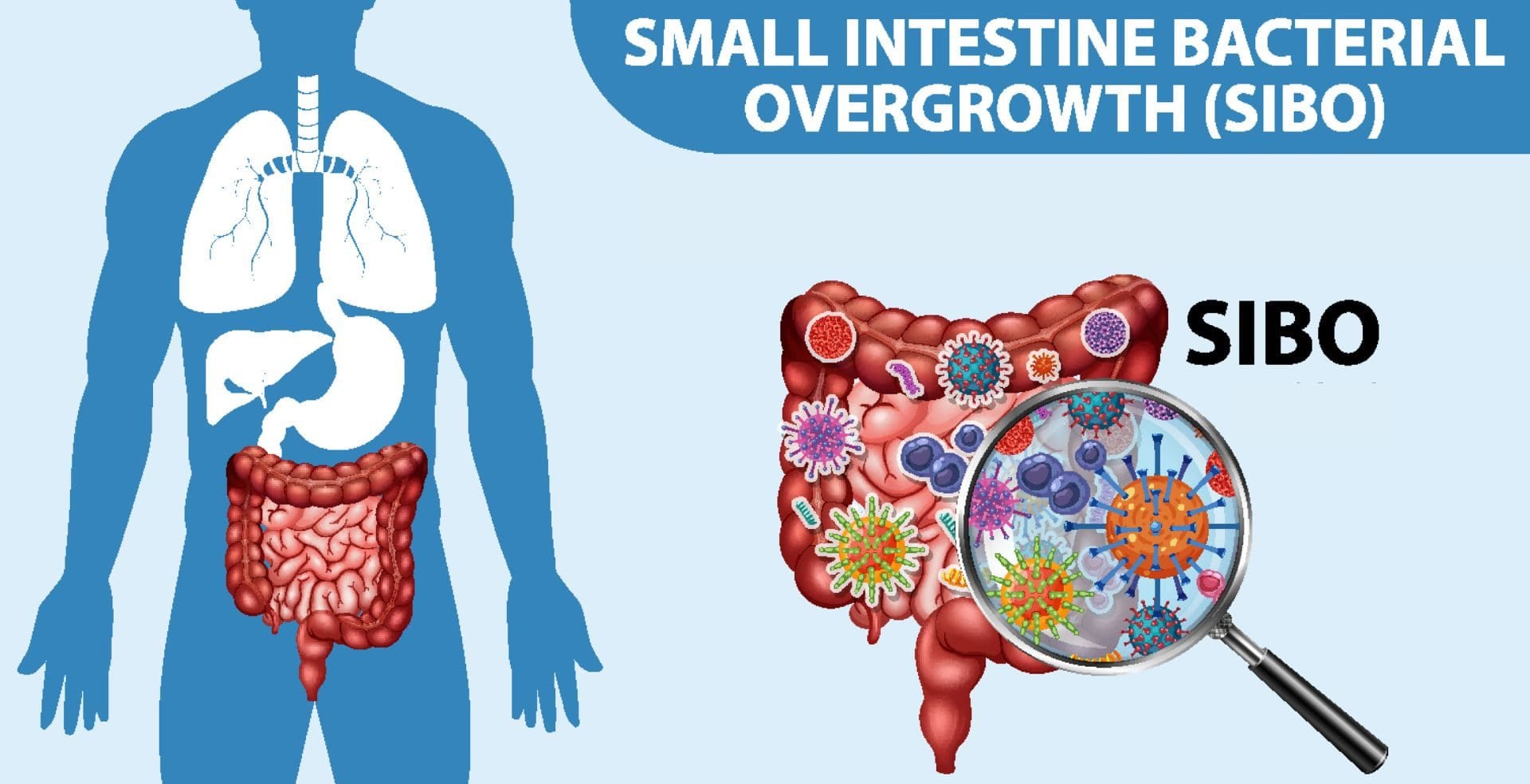
A very helpful article
Thank you Dr Cabot for all the advice you share on Facebook and the emails lately about understanding your blood test results. They are so so helpful
I bought a lot of your books many years ago and have found the content and advice always very helpful
Thanks so much
Thank you for your kind comment Lois 🙂
So glad you find our content helpful!